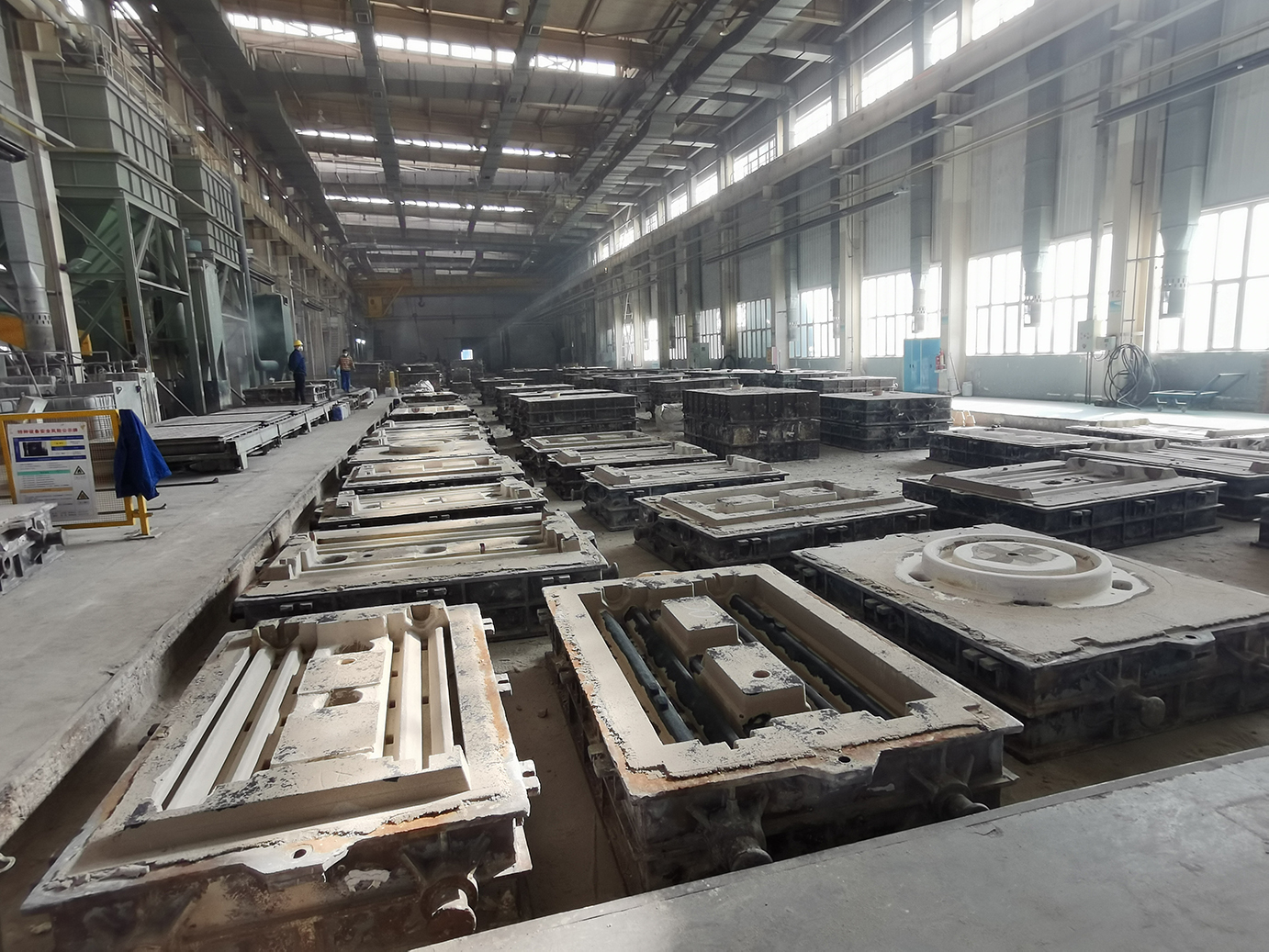- Afrikaans
- Albanian
- Amharic
- Arabic
- Armenian
- Azerbaijani
- Basque
- Belarusian
- Bengali
- Bosnian
- Bulgarian
- Catalan
- Cebuano
- China
- China (Taiwan)
- Corsican
- Croatian
- Czech
- Danish
- Dutch
- English
- Esperanto
- Estonian
- Finnish
- French
- Frisian
- Galician
- Georgian
- German
- Greek
- Gujarati
- Haitian Creole
- hausa
- hawaiian
- Hebrew
- Hindi
- Miao
- Hungarian
- Icelandic
- igbo
- Indonesian
- irish
- Italian
- Japanese
- Javanese
- Kannada
- kazakh
- Khmer
- Rwandese
- Korean
- Kurdish
- Kyrgyz
- Lao
- Latin
- Latvian
- Lithuanian
- Luxembourgish
- Macedonian
- Malgashi
- Malay
- Malayalam
- Maltese
- Maori
- Marathi
- Mongolian
- Myanmar
- Nepali
- Norwegian
- Norwegian
- Occitan
- Pashto
- Persian
- Polish
- Portuguese
- Punjabi
- Romanian
- Russian
- Samoan
- Scottish Gaelic
- Serbian
- Sesotho
- Shona
- Sindhi
- Sinhala
- Slovak
- Slovenian
- Somali
- Spanish
- Sundanese
- Swahili
- Swedish
- Tagalog
- Tajik
- Tamil
- Tatar
- Telugu
- Thai
- Turkish
- Turkmen
- Ukrainian
- Urdu
- Uighur
- Uzbek
- Vietnamese
- Welsh
- Bantu
- Yiddish
- Yoruba
- Zulu
Nov . 10, 2024 09:22 Back to list
Understanding the Efficiency of LPG Boilers for Optimal Energy Use
Understanding LPG Boiler Efficiency
When it comes to heating solutions for both residential and commercial applications, Liquefied Petroleum Gas (LPG) boilers stand out for their efficiency and reliability. LPG is a highly effective fuel source, often chosen due to its clean-burning properties and versatility. However, the efficiency of LPG boilers can vary significantly depending on various factors, including the type of boiler, its maintenance, and the heating system design.
What is Boiler Efficiency?
Boiler efficiency refers to the measure of how effectively a boiler converts fuel into usable heat energy. It is often expressed as a percentage; the higher the percentage, the more efficient the boiler. For instance, if a boiler has an efficiency rating of 90%, it means that 90% of the energy in the fuel is converted into heat, while the remaining 10% is lost, often through flue gases or other means.
Factors Affecting LPG Boiler Efficiency
1. Boiler Type There are several types of boilers available in the market, including conventional, condensing, and combination boilers. Condensing boilers are known for their exceptional efficiencies, often exceeding 90%, by recovering heat from exhaust gases. In contrast, conventional boilers typically operate at lower efficiencies, sometimes around 70%-80%.
2. Proper Sizing An adequately sized boiler is crucial for optimal efficiency. A boiler that is too large will cycle on and off frequently, wasting energy, while one that is too small may struggle to meet heating demands, leading to constant operation and potential overheating. A proper sizing ensures that the boiler operates within its optimal range, maximizing efficiency.
3. Regular Maintenance Routine maintenance is vital for maintaining boiler efficiency. Regular servicing, including cleaning and checking for leaks, ensures that the boiler operates correctly. A well-maintained boiler not only operates more efficiently but also has a longer lifespan, making it a more cost-effective choice in the long run.
lpg boiler efficiency

4. Quality of LPG The quality of LPG used can also influence boiler efficiency. Higher-grade LPG results in cleaner combustion, reducing the buildup of soot and other deposits, which can decrease efficiency over time. Using high-quality LPG can thus contribute positively to maintaining optimal efficiency levels in your boiler.
5. System Design The overall design of the heating system can impact efficiency. Properly insulated pipes, efficient radiators, and the strategic placement of the boiler all play a role in how effectively heat is distributed throughout a space. An inefficient heating system may lead to increased fuel consumption and higher operating costs.
Benefits of High-Efficiency LPG Boilers
Investing in a high-efficiency LPG boiler comes with numerous benefits. Aside from lower fuel bills due to higher efficiency ratings, users can also contribute to environmental sustainability. LPG is a cleaner-burning fuel compared to other fossil fuels, resulting in lower emissions of greenhouse gases and other pollutants. In regions where natural gas is not available, LPG serves as an economical and practical alternative.
Furthermore, high-efficiency boilers can provide better comfort levels since they typically achieve desired temperatures more swiftly and maintain them consistently. This level of comfort is particularly beneficial in colder climates where heating demands can be substantial.
Conclusion
LPG boiler efficiency is a multifaceted topic influenced by various factors ranging from the type of boiler to its maintenance and the quality of fuel used. By understanding these elements and considering investing in a high-efficiency model, users can ensure they are making the most of their heating systems. Not only does this lead to cost savings, but it also supports a more sustainable approach to energy consumption. Therefore, selecting the right LPG boiler and maintaining it properly plays a crucial role in achieving optimal efficiency and comfort.
-
8mm Thin-Walled Cast Steel Manhole Cover Pallet Bottom Ring | Durable
NewsAug.04,2025
-
Premium Cast Iron Water Main Pipe: Durable, Corrosion-Resistant
NewsAug.03,2025
-
Durable Cast Iron Water Mains | AI-Optimized Systems
NewsAug.02,2025
-
High-Efficiency Propane Boiler for Baseboard Heat | Save Energy
NewsAug.01,2025
-
Premium Source Suppliers for Various Gray Iron Castings
NewsJul.31,2025
-
Durable Cast Iron Water Main Pipes | Long-Lasting
NewsJul.31,2025


